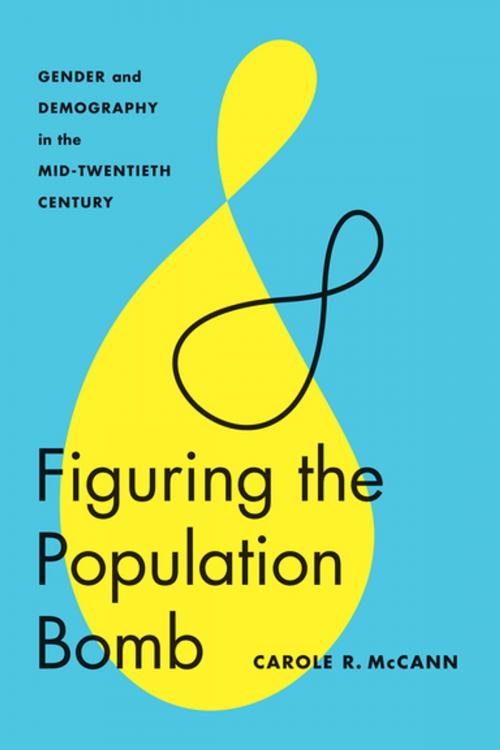Figuring the Population Bomb
Gender and Demography in the Mid-Twentieth Century
Nonfiction, Social & Cultural Studies, Social Science, Demography, Science & Nature, Science, Other Sciences, History, Gender Studies| Author: | Carole R. McCann | ISBN: | 9780295999111 |
| Publisher: | University of Washington Press | Publication: | May 1, 2017 |
| Imprint: | University of Washington Press | Language: | English |
| Author: | Carole R. McCann |
| ISBN: | 9780295999111 |
| Publisher: | University of Washington Press |
| Publication: | May 1, 2017 |
| Imprint: | University of Washington Press |
| Language: | English |
Figuring the Population Bomb traces the genealogy of twentieth-century demographic �facts� that created a mathematical panic about a looming population explosion. This narrative was popularized in the 1970s in Paul Ehrlich�s best-selling book The Population Bomb, which pathologized population growth in the Global South by presenting a doomsday scenario of widespread starvation resulting from that growth.
Carole McCann uses an archive of foundational texts, disciplinary histories, participant reminiscences, and organizational records to reveal the gendered geopolitical grounds of the specialized mathematical culture, bureaucratic organization, and intertextual hierarchy that gave authority to the concept of population explosion. These demographic theories and measurement practices ignited the population �crisis� and moved nations to interfere in women�s reproductive lives. Figuring the Population Bomb concludes that mid-twentieth-century demographic figures remain authoritative to this day in framing the context of transnational feminist activism for reproductive justice.
Figuring the Population Bomb traces the genealogy of twentieth-century demographic �facts� that created a mathematical panic about a looming population explosion. This narrative was popularized in the 1970s in Paul Ehrlich�s best-selling book The Population Bomb, which pathologized population growth in the Global South by presenting a doomsday scenario of widespread starvation resulting from that growth.
Carole McCann uses an archive of foundational texts, disciplinary histories, participant reminiscences, and organizational records to reveal the gendered geopolitical grounds of the specialized mathematical culture, bureaucratic organization, and intertextual hierarchy that gave authority to the concept of population explosion. These demographic theories and measurement practices ignited the population �crisis� and moved nations to interfere in women�s reproductive lives. Figuring the Population Bomb concludes that mid-twentieth-century demographic figures remain authoritative to this day in framing the context of transnational feminist activism for reproductive justice.















